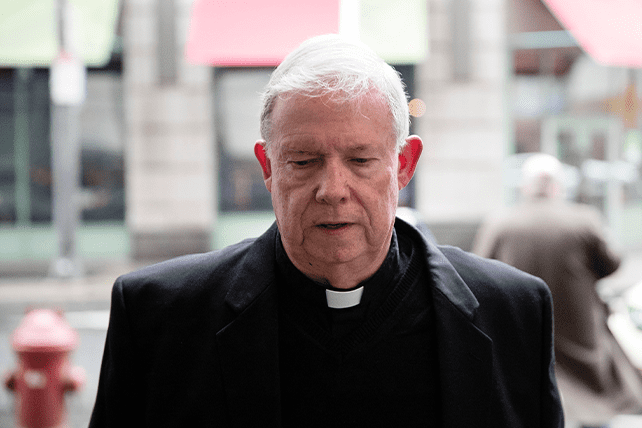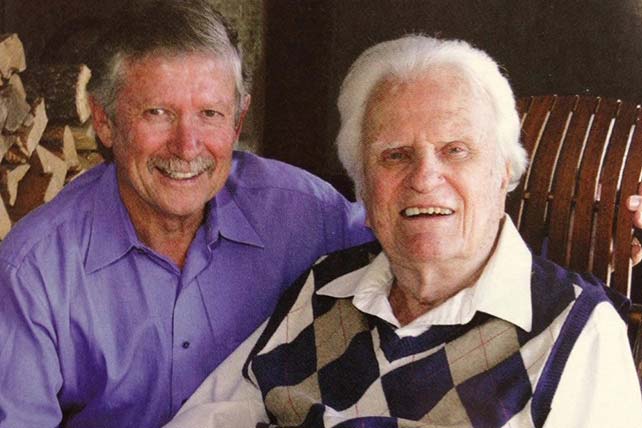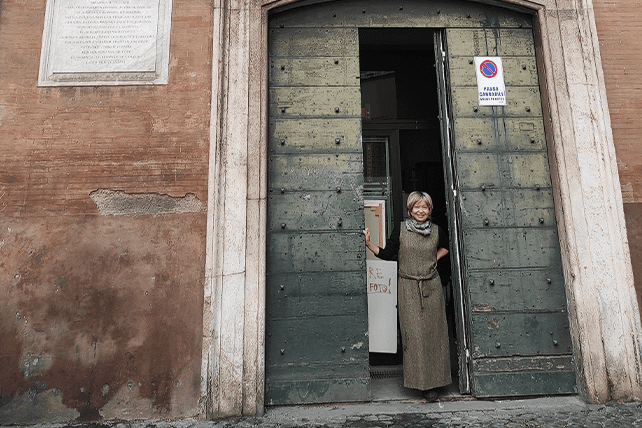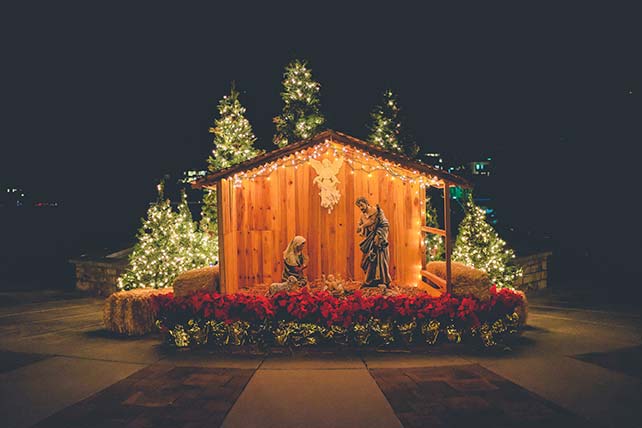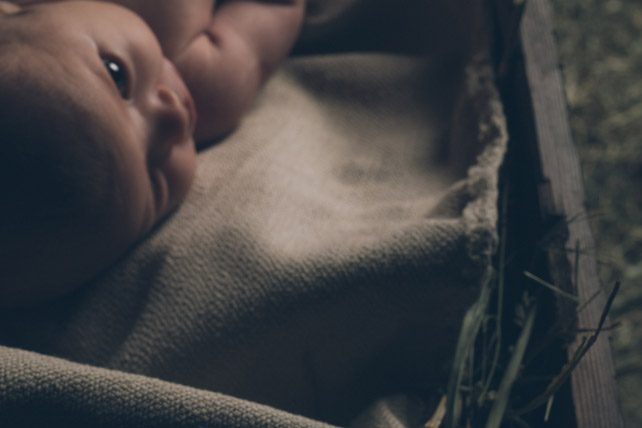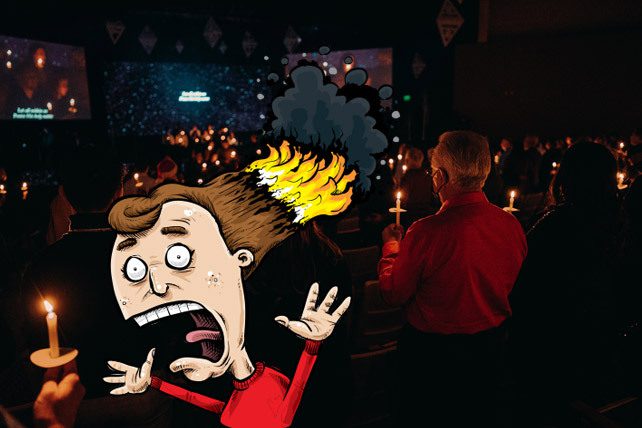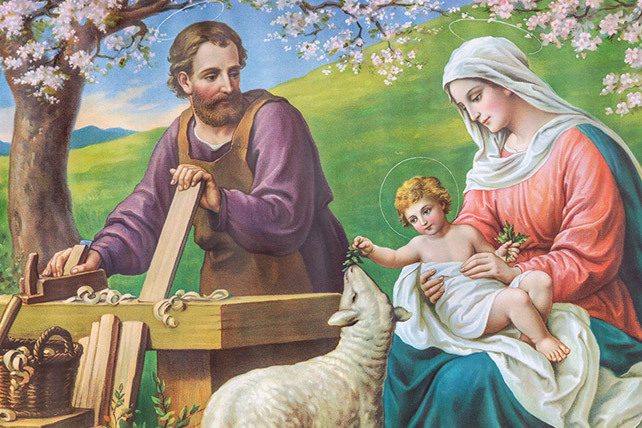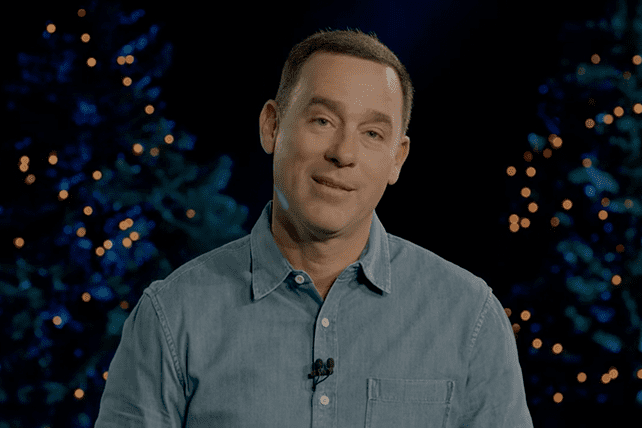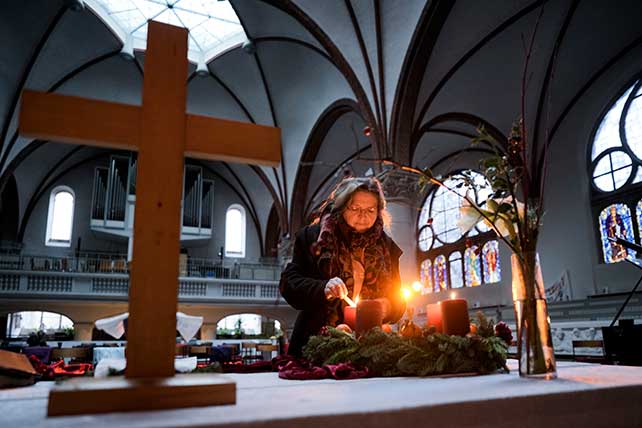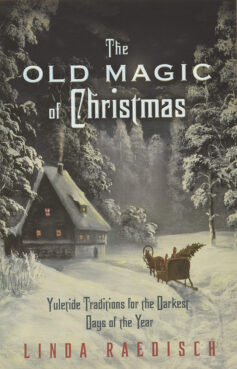Country singer Granger Smith recently shared about the grief he and his family experienced three years ago when his three-year-old son, River, died in a tragic drowning incident in the family’s pool. In his interview with Faithwire’s Tré Goins-Phillips, Smith expressed that God is “sovereign,” and “providential,” and that the pain his family has experienced “is not meaningless.”
Smith is known for songs “Backroad Song” and “If the Boot Fits,” both of which hit the top ten of Billboard’s Country Airplay chart upon their release. He is also starring in the film “Moonrise,” in which he portrays Country singer Will Brown, a character who “pushed away his family, fame and faith after his wife’s death.”
“It’s his daughter and a talented horse trainer who show him strength, forgiveness and grace to live life again,” the movie’s description reads. “Moonrise” is available to stream on Pure Flix.
Smith has released a new album alongside the movie with the same name.
RELATED: Kathie Lee Gifford Wants to Spend Her Days ‘Refired, Not Retired’
Speaking about his foray into acting, Smith expressed, “Lately, in the last few years, I’ve just, I’ve truly embraced the idea that the future is none of my business. I open up my hands, and we have a sovereign God. We have a providential God, that once we open up to him and we say, ‘This is for your kingdom, not mine,’ and we turn our palms open, he says, ‘I will make new things. I will bring things to you. I will give you the desires of your heart.’”
“That has led me to the idea that I don’t know what tomorrow’s gonna bring, but I’m totally open to whatever God has a plan for,” Smith continued.
Smith further expressed that he drew upon his real-life loss to authentically portray a man who had recently lost his wife in “Moonrise.”
“I probably took the role, starting with, because of that—because of my familiarity with loss. And I don’t know if I would have taken it if I would have thought to myself—it’s kind of disrespectful to take the role of a man that’s lost and hurting and grieving if I don’t know anything about it,” Smith said.
He nevertheless added, “That doesn’t make me special at all. In fact, it makes me a part of a fraternity that no one wants to be in.”
“But eventually, everyone will go through it. And it’s just if you live in a family, with friends, and you love them, and you live on this planet long enough, you will experience deep, tragic loss,” Smith said. “And so, we could either embrace that now or be blind to it when it does come.”
Reflecting on his son’s tragic death, Smith said, “I’ve done a lot of thinking since then, and I’ve definitely processed it daily.”
Smith explained that he and his wife Amber chose to be public and vulnerable with their story and process of grieving, so that they might “have the opportunity to help others.”
“When we do help others through our grief, we realize: that is part of our healing—a big part of our healing,” Smith said. “Because we could realize through that that the tragedy and loss and hurt and sadness and pain, for a Christian, is not meaningless. It has a purpose. As Paul said, ‘It is preparing us for an eternal weight of glory beyond all comparison.’ So we realized that we grieve with hope, that grieving hurts, that it is painful, but it is not meaningless.”
RELATED: Franklin Graham Criticizes Amy Grant Same-Sex Marriage Stance: ‘God Defines What Is Sin, Not Us’
“You’re not alone,” Smith said to those who are struggling with grief this holiday season. “And that’s a normal feeling. You could feel a couple different ways. One of them could be, you know, I’m a Grinch. I need to stop this. I don’t really feel like decorating the house right now. I don’t really feel like putting up Christmas lights outside, and I don’t really feel like inviting people over and eating turkey and ham. I kind of just want to crawl in the closet and just cry and stay in the dark.”


